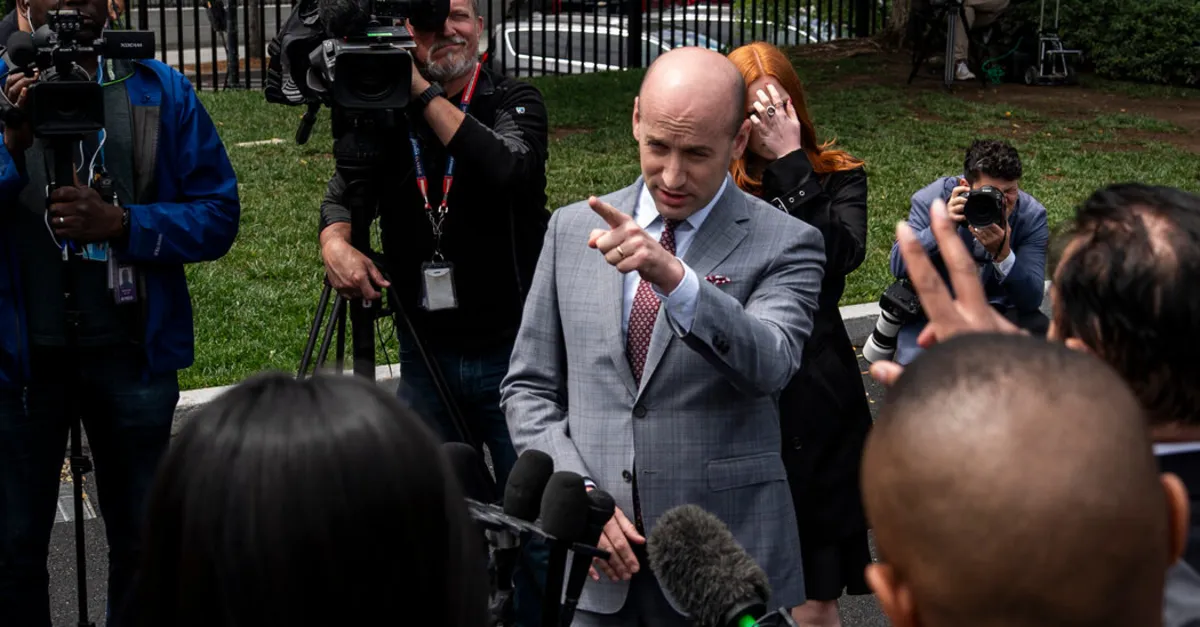
On Friday, Stephen Miller, the deputy chief of staff for the White House, made headlines by suggesting that the Trump administration is contemplating a significant shift in immigration policy. This potential change involves suspending immigrants’ right to challenge their detention in court prior to deportation. Miller stated, “The Constitution is clear,” while addressing reporters outside the White House, asserting that the right known as a writ of habeas corpus “could be suspended in time of invasion.”
Miller further elaborated, “That’s an option we’re actively looking at,” indicating that the decision hinges on whether the courts act in favor of the administration. Such a move would mark a dramatic escalation in the Trump administration’s ongoing conflicts with the judicial system regarding efforts to implement mass deportations. This proposed suspension would also represent a sweeping assertion of executive authority that contradicts a right generally guaranteed by the Constitution.
The legal foundation for this proposal is murky at best. Article I of the Constitution states that writs of habeas corpus are a privilege that “shall not be suspended, unless when in cases of rebellion or invasion the public safety may require it.” Legal experts, including Stephen I. Vladeck, a law professor at Georgetown University, have noted that this directive is “almost universally understood to authorize only Congress to suspend habeas corpus.” Vladeck further commented, “The only reason why they would do this is because they’re losing” in court.
Throughout the history of the United States, habeas corpus has been suspended on four occasions, with the most recent instance occurring in Hawaii following the attack on Pearl Harbor in 1941. During these suspensions, authorities typically referenced specific congressional statutes to justify their actions. However, one notable exception was President Abraham Lincoln, who suspended habeas corpus during the Civil War while Congress was not in session. This decision faced legal challenges, leading Congress to eventually pass a law in 1863 that explicitly granted him the right to suspend habeas corpus for the duration of the conflict.
Throughout his presidency, Donald Trump and his administration have consistently framed their crackdown on illegal immigration as a form of warfare, likening waves of migrants entering the United States to an invasion. In his speeches, Trump has referred to these instances as invasions, and in March, he invoked the Alien Enemies Act—a wartime authority—to expedite the deportation of Venezuelans alleged to be affiliated with the gang Tren de Aragua. However, the legality of deportations carried out under this law has faced challenges in court, leading the Supreme Court to block any further deportations under the act for the time being.
Moreover, in recent weeks, three federal judges have issued rulings that contradict the administration’s stance, rejecting the argument that the influx of immigrants constitutes an invasion, as asserted by Miller. These legal battles highlight the ongoing tensions between the executive branch and the judiciary regarding immigration policies and the rights of immigrants in the United States.